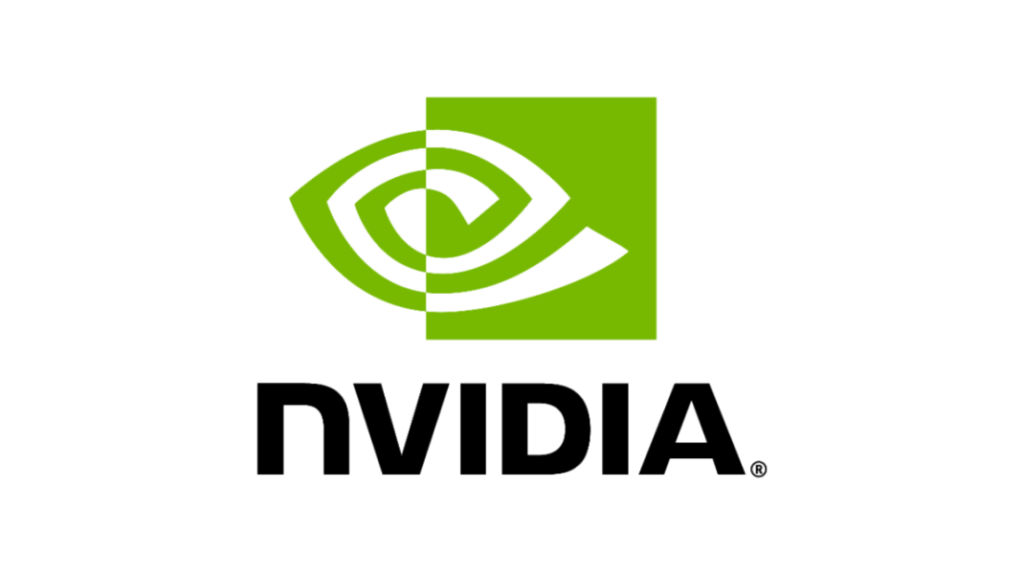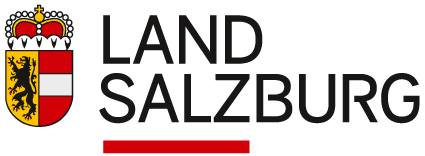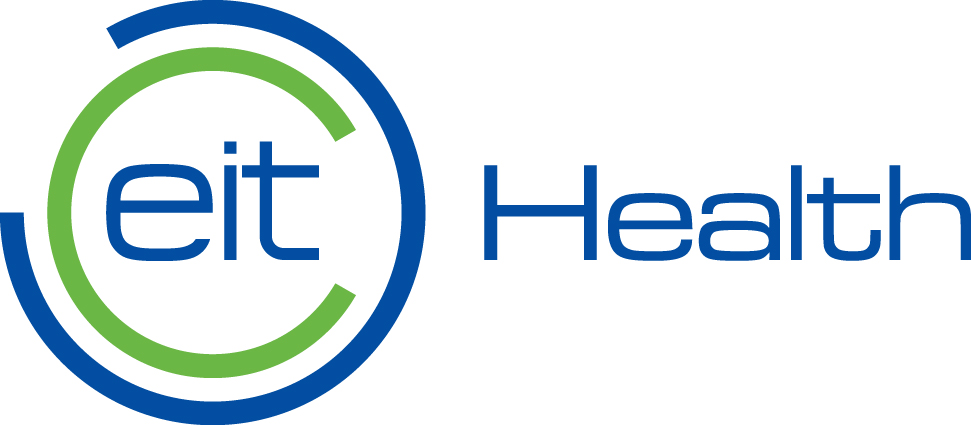Accelerating new therapy adoption
↳ by matching patients with therapies
Cancer4D GEN AI FOR ONCOLOGISTS
Medical images detect tumors. What if they helped clinicians look ahead too?
WE NEED TO CHANGE THESE STATISTICS
Hundreds of thousands of breast cancer patients are waiting on clinical uptake
Already 10% faster clinical uptake has significant effect on patient outcomes
could be treated earlier with 10% faster access
with 10% faster clinical uptake
from approval to peak sales
Cancer4D: Look at a future image already today with GenAI
what WE can do
Why now? This 4D GenAI technology is a recent and massive advancement in technology. Some say seismic shift.
We predict progression speed and treatment response, informing doctors in advance about how to treat the disease. For that we have AI model that understands time, the 4th dimension
Fully embedded into existing research infrastucture, for curated data and feedback from 300 healthcare providers
We trained Cancer4D with breast and brain images, and are extending our capabilities to lung and prostate

Healthcare providers, pharma companies and regulatory authorities
TESTIMONIALS
Ai:leen Health started from conversations with women
Together with providers and pharma, we can make sure women stop dying from the disease.

OUR TEAM
Scientific, technical, and business
Our team has decades of experience in AI and working with healthcare systems


Our next stops
Meet us in person when we are on the road
We’d love to meet you in person!
12 Jan, 26 - 16 Jan, 26
San Francisco, CA, USA
Visiting JP Morgan Health
05 Feb, 26 - 06 Feb, 26
Munich, Germany
DxPx Europe












